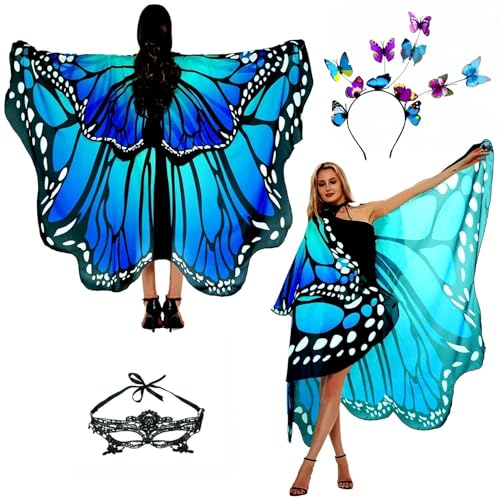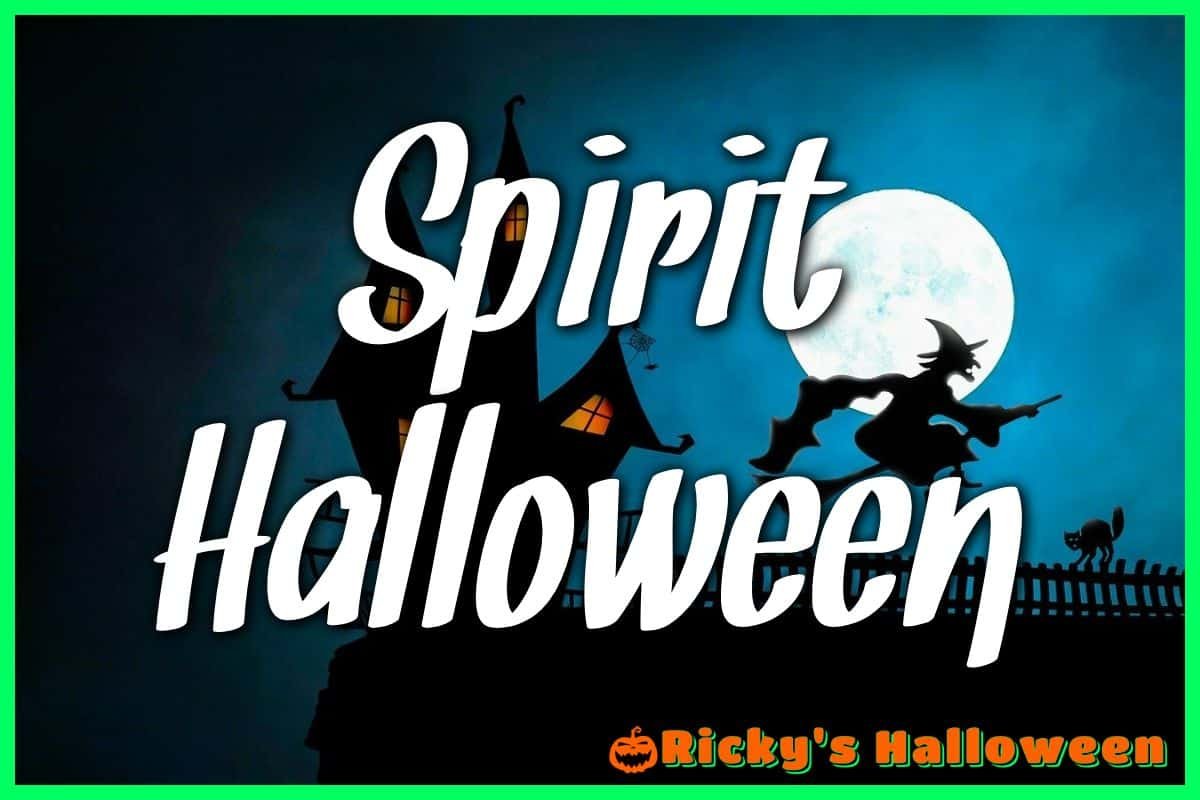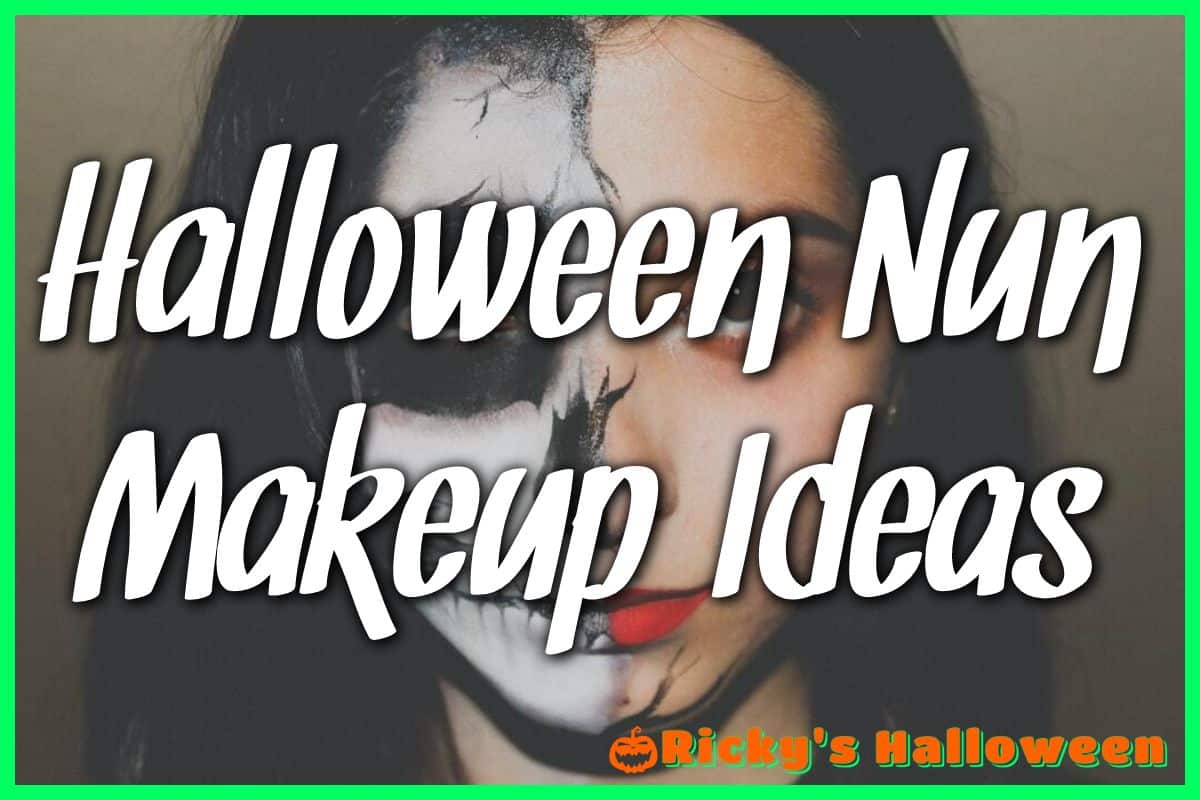Are you a Muslim wondering if it’s appropriate to celebrate Halloween? You’re not alone. Halloween is a holiday that has gained popularity around the world, but its origins and traditions may conflict with certain religious beliefs. In this article, we’ll explore the topic of Halloween for Muslims and provide some guidance to help you navigate this festive season with confidence.
When it comes to celebrating Halloween as a Muslim, there is no one-size-fits-all answer. Islam is a diverse religion with varying interpretations, and individuals and families may have different perspectives on participating in Halloween festivities. It’s important to understand the religious and cultural considerations involved and make an informed decision that aligns with your own beliefs and values.
In this article, we’ll delve into the history and origins of Halloween, as well as the religious concerns some Muslims may have. We’ll also provide some alternative ways to celebrate the season that are more in line with Islamic teachings. Whether you decide to embrace the spirit of Halloween or opt for alternative activities, our aim is to offer you guidance and support in making a decision that feels right for you and your family.
History of Halloween
Halloween, one of the most widely celebrated holidays around the world, has a rich and fascinating history. Understanding the origins of Halloween can provide insight into its meaning and significance today.
Believe it or not, Halloween dates back over 2,000 years. It all started with the ancient Celtic festival called Samhain. This festival marked the end of harvest season and the beginning of winter. The Celts believed that during Samhain, the boundary between the living and the dead became blurred, and that spirits roamed the earth.
As time went on, the influence of different cultures shaped Halloween into the holiday we know today. The Christian influence introduced All Hallows’ Eve, the night before All Saints’ Day, which became Halloween. The belief that spirits and ghosts would visit on this night persisted, leading to customs like dressing up in costumes to avoid being recognized by these supernatural beings.
In the early 20th century, Halloween underwent a transformation in America. It became a community-centered holiday, focusing on parties, parades, and trick-or-treating. This shift was influenced by a desire to make Halloween more family-friendly and less associated with mischief and pranks.
As a Halloween enthusiast, you know that understanding the history behind this holiday adds to its appeal. It’s fascinating to see how Halloween has evolved over time, blending ancient traditions with modern customs. This knowledge can also help you choose the best Halloween products and decorations to embrace the spirit of the season.
So, whether you’re looking for the perfect costume, spooky decorations, or tasty treats, understanding the history of Halloween can enhance your experience. Let the rich traditions and diverse influences of this holiday inspire you to celebrate in a way that aligns with your own beliefs and values. Get ready to dive into the world of Halloween and create unforgettable memories.
Halloween and its Cultural Significance
Halloween holds a special place in the hearts of many, including the Halloween enthusiast in me, Ricky. As someone who has worked at Halloween shops for years, I’ve seen firsthand the excitement and joy that this holiday brings to people. Halloween isn’t limited to a specific culture or religion, and it has evolved to become a celebration that brings communities together. Let’s explore the cultural significance of Halloween and how it has found a place in our hearts.
1. Embracing Ancient Traditions
Halloween’s roots can be traced back to the ancient Celtic festival of Samhain. It marked the end of the harvest season and the beginning of the darker half of the year. During this time, people believed that the boundary between the living and the dead was blurred, and they would light bonfires and wear costumes to ward off evil spirits. These ancient traditions have become intertwined with modern Halloween celebrations, adding depth and richness to the holiday.
2. Influences from Different Cultures
Throughout history, Halloween has been influenced by various cultures, adopting their traditions and beliefs. When Christianity spread, the festival of Samhain merged with the Christian holiday of All Hallows’ Eve, the night before All Saints’ Day. This blending of traditions brought about customs like lighting candles in remembrance of loved ones who have passed away.
3. A Community-Centered Celebration
In America, Halloween transformed into a community-centered holiday. Trick-or-treating became a popular tradition, where children dress up in costumes and go door-to-door, collecting candy from neighbors. Families come together to carve pumpkins, decorate their homes, and attend Halloween parties and parades. This sense of community brings people closer, fostering a spirit of unity and celebration.
4. Finding the Best Halloween Products
Whether you’re a Halloween enthusiast like me or someone looking to embrace the spirit of the holiday, finding the best Halloween products is essential. From spooky decorations to creative costumes, there’s something for everyone. Halloween shops, both physical and online, offer a wide range of products that allow you to unleash your creativity and make the most of this festive season.
As Halloween approaches, take the time to appreciate the cultural significance of this holiday and explore its traditions. Embrace the spirit of Halloween by connecting with your community and finding the best Halloween products to make this celebration truly memorable. Get ready to experience the magic and excitement that Halloween brings. Happy haunting, my fellow Halloween
Understanding Muslim Perspectives on Halloween
As a Halloween enthusiast, you know that Halloween is a fun and exciting holiday that allows you to express yourself through costumes, decorations, and activities. However, it’s important to recognize that not everyone may share the same enthusiasm for Halloween, including some members of the Muslim community.
For Muslims, Halloween may pose some concerns and conflicts with their religious beliefs. Islam teaches its followers to avoid participating in activities that involve the worship of anything other than Allah. As Halloween has pagan origins and is associated with supernatural beings, some Muslims choose not to partake in the holiday.
It’s important to understand that not all Muslims hold the same views on Halloween. Some may choose to participate in certain aspects of the holiday, such as attending community events or allowing their children to dress up in non-scary costumes. Others may opt to have alternative celebrations that align more closely with their religious beliefs, such as organizing fall-themed gatherings or charitable events.
As a Halloween lover, it’s crucial to respect and be mindful of different cultural and religious perspectives. If you have Muslim friends or neighbors, it’s always a good idea to have an open and respectful conversation about their views on Halloween. This can lead to greater understanding and strengthen community relationships.
When it comes to finding the best Halloween products, it’s important to consider the diverse needs and preferences of different individuals and communities. In Halloween shops where I’ve worked, we always made sure to offer a wide variety of costumes that catered to different cultures and religious beliefs. This inclusivity allowed us to create a welcoming environment for everyone to enjoy the holiday in their own way.
Religious and Cultural Considerations
As you delve deeper into the world of Halloween, it’s important to recognize and understand the religious and cultural considerations surrounding this festive holiday. While Halloween is widely celebrated and enjoyed by many, it’s essential to be mindful and respectful of different beliefs and traditions.
For Muslims, the celebration of Halloween can vary depending on individual religious observance. Islam is a diverse religion with followers who may hold different perspectives on participating in Halloween festivities. Some Muslims may choose to fully embrace the holiday, seeing it as a fun opportunity to dress up and enjoy time with friends and family. Others may opt to limit their involvement due to religious beliefs.
Islam, like any other religion, places importance on personal interpretation and individual choice. It’s essential to engage in open and respectful conversations to truly understand and appreciate the perspectives of Muslim friends or acquaintances. This way, you can avoid making assumptions and embrace a more inclusive approach to Halloween celebrations.
In light of this diversity, it’s crucial for Halloween enthusiasts and businesses to offer a variety of products that cater to different cultural and religious needs. As someone who has worked in Halloween shops for years, I’ve seen firsthand the value of providing a wide range of choices.
By offering costumes that are more culturally sensitive and diverse, Halloween stores can ensure that everyone feels included and represented. This means steering away from cultural appropriation and stereotypes and instead focusing on celebrating the richness and diversity of various cultures.
Additionally, providing an assortment of decorations and themes that reflect different traditions and celebrations allows individuals to personalize their Halloween experience to align with their cultural beliefs. From incorporating autumn motifs, like pumpkins and fall leaves, to embracing specific cultural symbols or themes, the possibilities are endless.
Balancing Faith and Cultural Celebrations
As a Halloween enthusiast like Ricky, it’s important to understand that not everyone may share the same level of enthusiasm for this spooky holiday. When it comes to Muslims, it’s essential to consider their religious beliefs and practices when navigating Halloween festivities. Balancing faith and cultural celebrations is a key aspect of promoting inclusivity and respect within our communities.
For some Muslims, participating in Halloween festivities might not align with their religious beliefs. Islam encourages adherents to focus on spirituality and avoid practices that are associated with paganism or superstition. Therefore, it’s important to remember that not all Muslims may feel comfortable or find it appropriate to engage in Halloween celebrations.
Having worked in Halloween shops for years, Ricky understands the importance of offering a diverse range of Halloween products. By providing culturally sensitive options, we can ensure that everyone’s needs and preferences are respected. This means offering costumes and decorations that are inclusive and represent a wide range of cultures and beliefs, allowing everyone to find something suitable for their own celebration.
To create a more inclusive environment, it’s also crucial to engage in open conversations about different cultural and religious perspectives. By fostering a dialogue, we can better understand and appreciate the views of others. This can help create an atmosphere of mutual respect and promote a sense of unity within our diverse communities.
Ultimately, balancing faith and cultural celebrations is all about finding middle ground where everyone feels respected and included. By offering a wide array of Halloween products that cater to diverse backgrounds, we ensure that everyone can participate in the holiday without compromising their beliefs. As Ricky would say, it’s about creating a Halloween experience that brings joy, fun, and inclusivity to all. So, this Halloween, let’s be mindful of different religious perspectives and celebrate in a way that uplifts and embraces our diverse community.
Conclusion
By understanding the cultural significance of Halloween and being respectful of different beliefs and traditions, you can ensure that everyone feels included and represented during this festive holiday. Halloween has evolved over time, blending ancient Celtic traditions with Christian influences to become a community-centered celebration in America. However, it’s important to recognize that not all Muslims may share the same enthusiasm for Halloween due to religious beliefs. To create an inclusive environment, it’s crucial to offer diverse Halloween products that cater to the needs and preferences of different individuals and communities. This includes culturally sensitive costumes, decorations, and themes. By fostering open conversations and promoting respect, we can all enjoy Halloween to its fullest while being mindful of others’ perspectives. So, as you prepare for this exciting holiday, remember to embrace diversity and ensure that everyone can participate in the festivities in a way that aligns with their beliefs and values. Happy Halloween!











